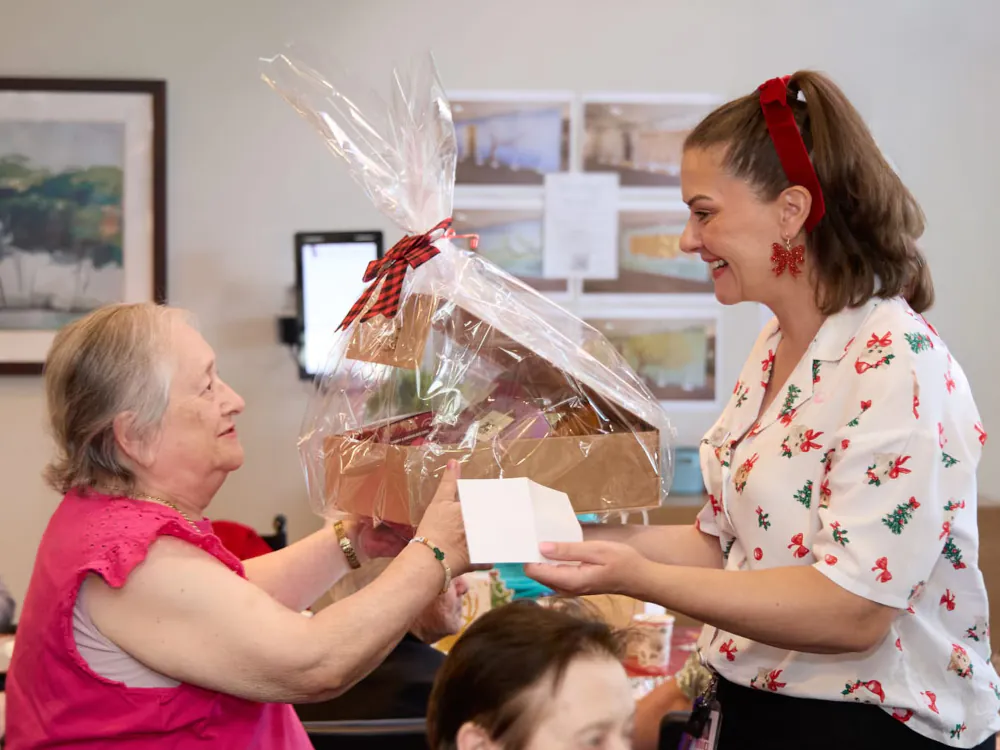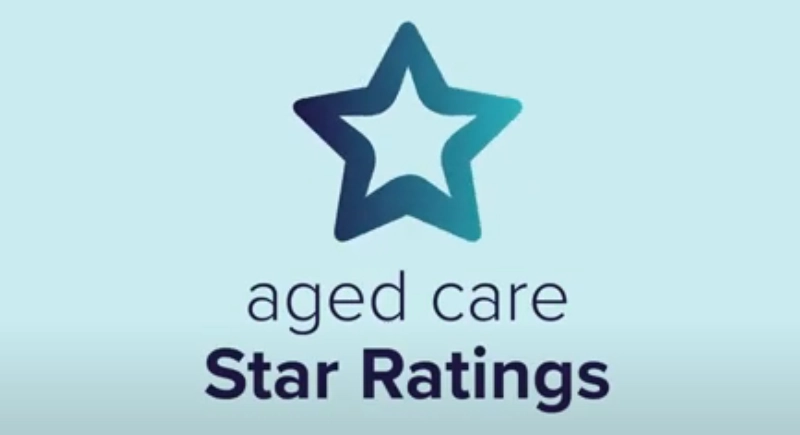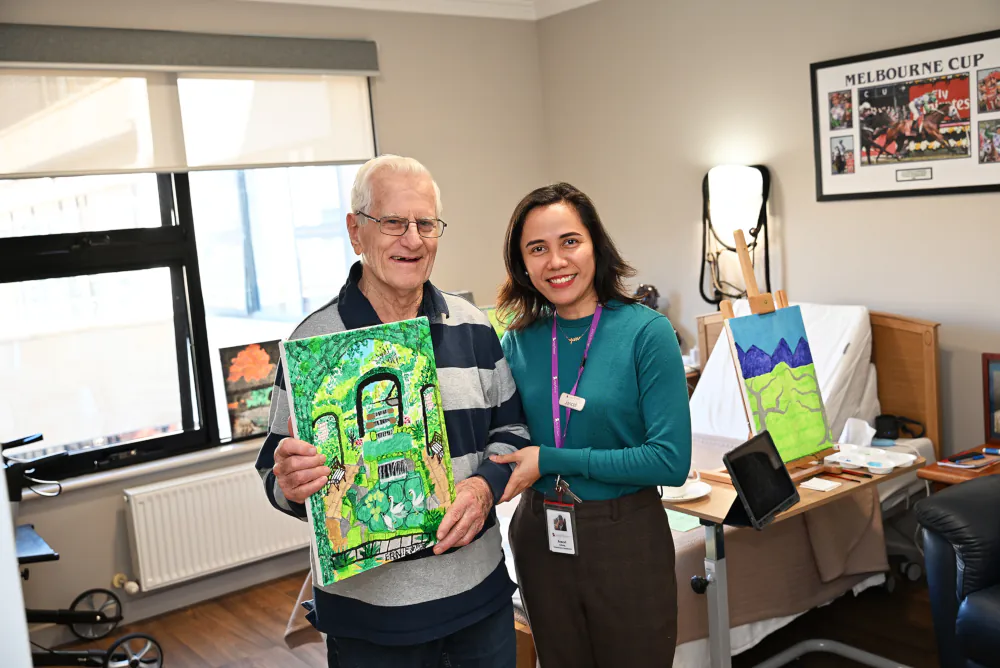Common Reasons Older Australians Fall at Home

Many people know falls are a health risk for older adults, but most aren’t aware just how dangerous a fall can be for a senior. Falls are a leading cause of injuries, from bone fractures to head trauma, for older people. And falls are much more common than you may realise.
Research shows one in three Australians over the age of 65 has had a fall in the last twelve months. For 20% of them, the resulting injuries meant a stay in hospital. That’s why it’s important to know what increases you or your loved one’s risk for a fall—so you can take steps to prevent it.

Leading Causes of Senior Falls
While some reasons older people fall are more obvious than others, it’s important to review the most common risk factors.
Here is what you should know:
Vision changes common with ageing, especially a loss of depth perception or peripheral vision, put older people at increased risk for falls.
- Poor nutrition, which occurs for a variety of reasons among older Australians, leads to a decline in core strength and unsteadiness. Both are contributing factors to falls.
- Dehydration risk increases with ageing and can lead to balance problems that result in a fall or near fall, especially for older adults.
- Hazards around the house, such as clutter, poor lighting, throw rugs, and slippery floors, are all reasons why most falls occur at home.
- Osteoporosis is a disease that weakens bones, leading to greater incidences of falls. An estimated 6.2 million Australians over the age of 50 will be diagnosed with it by 2022.
- Adverse reactions to or side effects from medications are more common among seniors because they often take a greater number of medications. This includes both prescription and over-the-counter medicines.
- Sedentary lifestyles, especially when combined with a lack of exercise, also contributes to unsteadiness and falls. That’s because it causes a loss of core strength linked to good balance.
So, what can you do to help keep a family elder safe at home? We have a few suggestions.
Fall Prevention and Older Australians
- Assess the home for risks: Hazards around the home may go undetected until the senior who lives there experiences a fall. One proactive step that families can take to lower a loved one’s risk is to conduct a thorough safety assessment of the home. This checklist from the iSOLVE Fall Prevention Partnership Project is a good tool for evaluating hazards in the senior’s house and making it safer, from installing grab bars in the bathrooms to using slip-resistant strips on stairs.
- Schedule an annual checkup: While most people aren’t too excited to visit their GP, doing so can help identify small medical problems before they become bigger ones that are difficult to treat. During an annual physical exam, a GP can also schedule health screenings, such as a bone density test to check for osteoporosis.
- Evaluate nutrition: A poor diet and failure to stay hydrated can lead to a range of health issues, including falls. Older adults may rely on convenience foods (frozen dinners or fast food) because they are having trouble preparing healthy meals. Or a senior with mobility challenges might avoid drinking too much water for fear of falling during repeated trips to the bathroom. Discussing these concerns with an older loved one can give you an opportunity to work together on solutions.
- Review medication list: As we grow older, our metabolism changes. That can cause the body to process medication less consistently. Seniors sometimes need lower doses of medications than younger adults. They may also experience different side effects. For help identifying potential problems, it’s a good idea to review an older adult’s medication list with their GP or pharmacist.
- Visit the eye doctor: The COVID-19 crisis has caused many people to delay routine appointments and medical screenings, including eye exams. However, vision loss can be a major contributor to falls. Cataracts, poor peripheral vision, and glasses with outdated prescription lenses are a few issues that can result in falls. Ophthalmologists typically say older adults should have an exam every year, unless vision problems require them more frequently.
Home Care Supports Independence
Mayflower’s in-home care services can provide you the support you need to maintain you or your loved ones independence and to remain at home for longer. It might be a helping hand to safely take a shower or someone to assist in preparing meals. By enlisting support now, you may be able to prevent a fall..
Call our home care team on 95911296 for more information or to schedule an assessment of your or your loved one’s home care needs.










